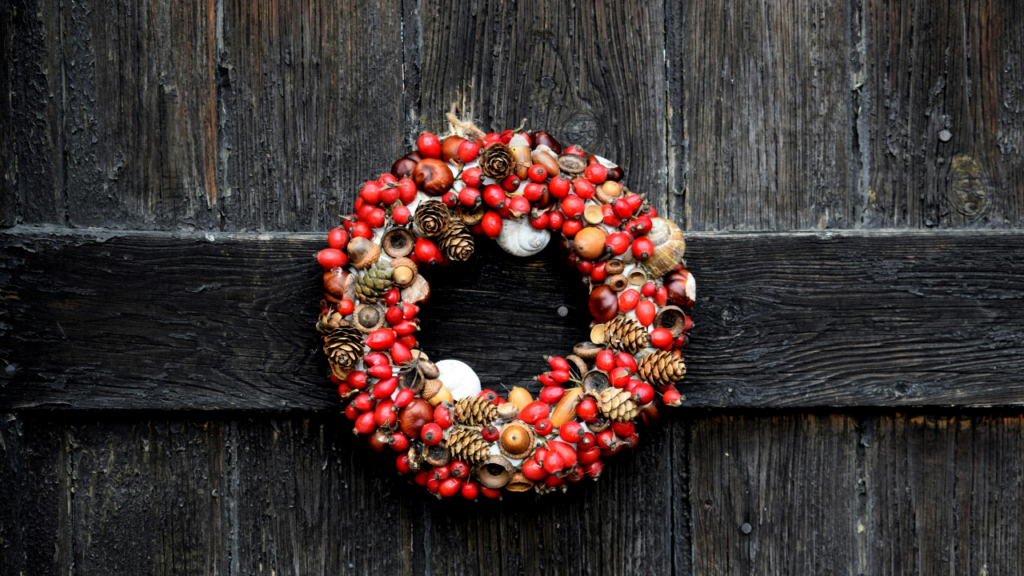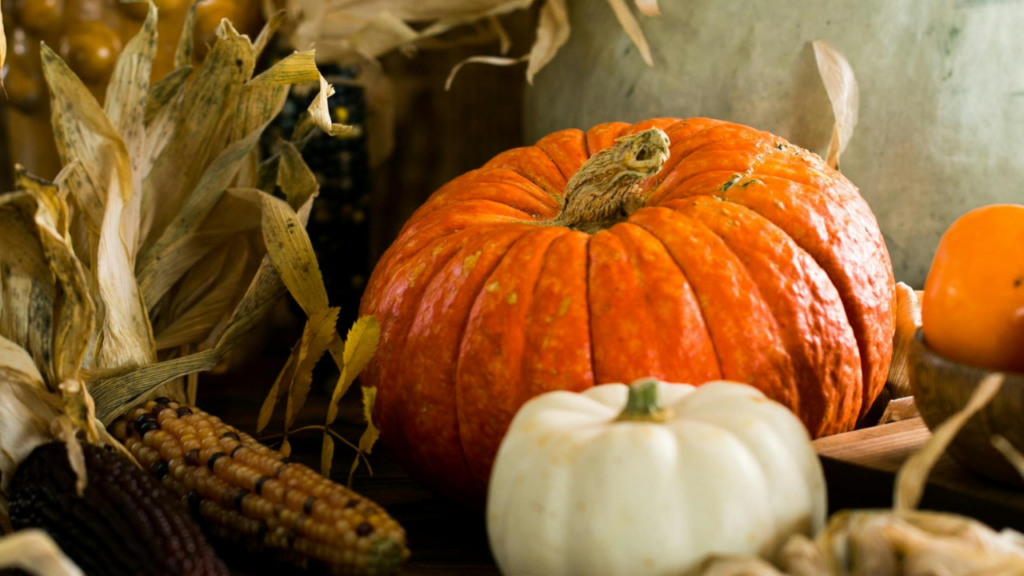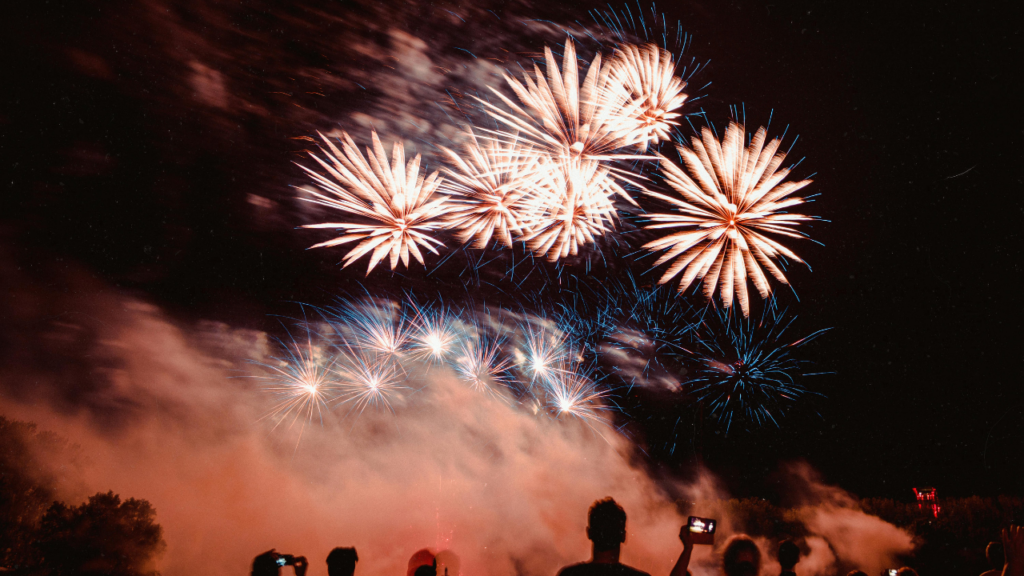The holiday season, with its festive cheer and family gatherings, can be a challenging time for those in early recovery from drug or alcohol addiction. While these occasions are meant to bring joy, they often come with increased stress, social pressures, and potential triggers that can test one’s commitment to sobriety. This comprehensive guide offers strategies to help you navigate the holidays while maintaining your recovery journey.
Understanding Holiday Triggers
Recognizing potential triggers is the first step in preparing for a sober holiday season. Common triggers during this time include:
- Family gatherings and dynamics
- Social events where alcohol is present
- Increased stress from holiday planning and expectations
- Financial pressures associated with gift-giving
- Memories of past holidays that may have involved substance use
By identifying these triggers in advance, you can develop strategies to address them proactively.

Planning Ahead: Your Sobriety Toolkit
Preparation is key to maintaining sobriety during the holidays. Consider these strategies:
1. Create a Holiday Recovery Plan
Work with your therapist or support group to develop a personalized plan for the holiday season. This might include:
- Identifying specific challenges you may face
- Listing coping mechanisms that work for you
- Planning daily check-ins with a sponsor or recovery buddy
- Scheduling additional therapy sessions or support group meetings
2. Set Clear Boundaries
Communicate your needs and limits to family and friends. This might involve:
- Limiting time spent at potentially triggering events
- Requesting alcohol-free gatherings
- Having an exit strategy for uncomfortable situations
3. Create New Sober Traditions
Establish new holiday rituals that don’t revolve around substance use. Consider:
- Hosting a sober holiday movie night
- Organizing a group volunteer activity
- Starting an annual sober potluck dinner
Navigating Social Events and Family Gatherings
Social situations can be particularly challenging during the holidays. Here are some strategies to help you navigate these events:
1. Bring a Sober Companion
If possible, bring a supportive friend who understands your recovery journey to holiday events. They can offer moral support and help you navigate difficult situations.
2. Have a Non-Alcoholic Drink in Hand
Keep a non-alcoholic beverage with you to avoid being offered drinks and to feel more comfortable in social settings.
3. Practice Responses to Drink Offers
Prepare and practice polite but firm responses to decline alcoholic drinks. For example: “No, thank you. I’m not drinking tonight,” or “I’d love a club soda with lime instead.”
4. Plan Your Exit
Have a plan to leave early if you feel uncomfortable or triggered. It’s okay to prioritize your sobriety over social obligations.
Maintaining Self-Care and Recovery Routines
Amidst the holiday bustle, it’s crucial to maintain your self-care and recovery routines:
1. Stick to Your Schedule
Try to maintain your regular sleep schedule, meal times, and exercise routines as much as possible.
2. Practice Mindfulness
Incorporate mindfulness techniques like meditation or deep breathing exercises to manage stress and stay grounded.
3. Prioritize Support Meetings
Make time for your support group meetings or therapy sessions, even during busy holiday periods. Many groups offer additional meetings during the holidays.
4. Engage in Healthy Activities
Make time for activities that support your physical and mental health, such as exercise, reading, or creative pursuits.
Handling Difficult Conversations
Holiday gatherings often involve conversations about your recovery. Here’s how to handle them:
1. Prepare Your Narrative
Decide in advance how much you’re comfortable sharing about your recovery journey. It’s okay to keep explanations brief and redirect conversations if needed.
2. Focus on the Positive
Highlight the positive changes in your life since beginning recovery. This can help shift conversations in a supportive direction.

3. Have Support on Speed Dial
Keep the contact information for your sponsor or a supportive friend readily available if you need to step away for a quick call.
Leveraging Aftercare and Alumni Support
At Swift River, we understand that recovery is a lifelong journey. Our aftercare programs and alumni support network can provide invaluable resources during the holiday season:
- Access to counselors familiar with your recovery journey
- Alumni events and sober holiday celebrations
- Online support forums for 24/7 connection with peers
- Resources for local support groups and meetings
Embracing Sober Holidays
Remember, it’s possible to enjoy meaningful, joyful holidays without substances. This is an opportunity to create new, positive memories and traditions that align with your recovery journey. Each sober holiday season strengthens your resilience and reinforces the positive changes you’ve made in your life.
As you navigate this holiday season, know that you’re not alone. The journey of recovery is one of continuous growth and learning. By implementing these strategies and leaning on your support network, you can emerge from the holiday season with your sobriety intact and a renewed sense of accomplishment.
If you or a loved one needs additional support during the holiday season or at any time in your recovery journey, Swift River is here to help. Our compassionate team understands the unique challenges of maintaining sobriety and is ready to provide the support and resources you need.
Call us today at 413-570-9698 to learn more about our programs and how we can support your recovery journey through all seasons of life.













